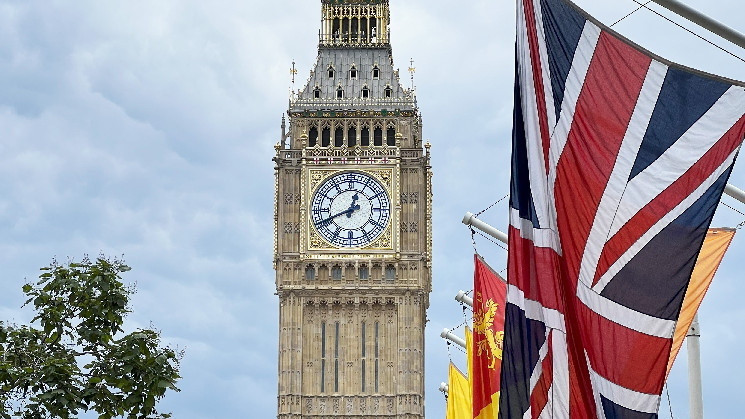NFT providers may need to be registered with the Financial Conduct Authority, the Treasury said in a consultation on money laundering regulations.
It is unlikely that NFTs will fall under the financial services rules, which will be subject to a separate licensing regime.
The deadline for responding is June 9.
Crypto companies that issue non-fungible tokens (NFTs) in Britain rather than providing financial services are likely to have to register with the Financial Conduct Authority even after the government introduces a new authorization regime for the sector, a consultation shows about money laundering. Monday by the Ministry of Finance.
The government has refined its crypto regulatory environment and said last year it planned to bring crypto exchanges and custody providers under the new crypto authorization regime. Currently, companies must be registered with the FCA, which provides safeguards against money laundering and terrorist financing, to operate in the country. Once the new regime is in effect, this will no longer be necessary.
According to the consultation, crypto assets that are not used in connection with regulated financial services, such as NFTs, are likely to fall outside the regime. NFTs are unique tokens linked to the blockchain that usually represent an asset like art.
“These crypto asset companies will still need to be registered and supervised by the FCA for anti-money laundering and counter-terrorism financing purposes,” the document said.
The Financial Services and Markets Act was passed last year, paving the way for cryptocurrencies to be treated as a regulated financial activity. In an October consultation response, the government said NFTs were “not suitable for regulation as a financial service”. They would only fall under the financial services regime if they are used for regulated activities.
The number of companies that may need to register could “grow as the sector continues to develop”, according to the new consultation document.
The British government wants to collect responses to the proposed regime before June 9.
Read more: UK crypto companies that receive broad laws may need new authorization

